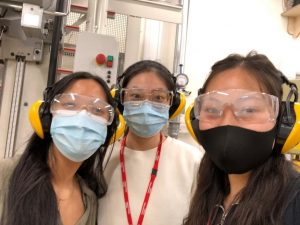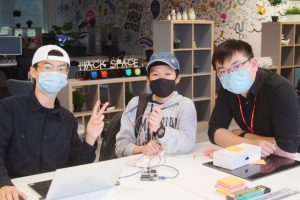
Leonardo Zea Reyes has an educational background in urban management and development, urban environment and climate change, and architecture. He’s just about to start his second year as a PhD student at Imperial’s Centre for Environmental Policy (CEP), and his first co-authored peer-reviewed paper was published in July 2021.
In this post he tells us more about how his postgraduate research is evolving and what his first experience of the peer-review process has been like.
By Leonardo Zea Reyes
My research focuses on exploring why the application or implementation of joint climate change and public health projects is so challenging on the ground in many cities, and why it takes so much time to realise, even though there is a huge amount of knowledge about the benefits and co-benefits of implementing these kinds of projects. Literature suggests that this is linked to politics, vested interests, structural challenges and the economic system, but we need to be more specific. So, I’m looking at both climate and health from these perspectives, untangling it: what are the specific political influences on project implementation, and what can bring political traction? (more…)

 Undergraduate students Kin Weng Chao and Yuchen Lou (both Chemistry) and Way Gene Hoo (Chemical Engineering) took part in this year’s
Undergraduate students Kin Weng Chao and Yuchen Lou (both Chemistry) and Way Gene Hoo (Chemical Engineering) took part in this year’s